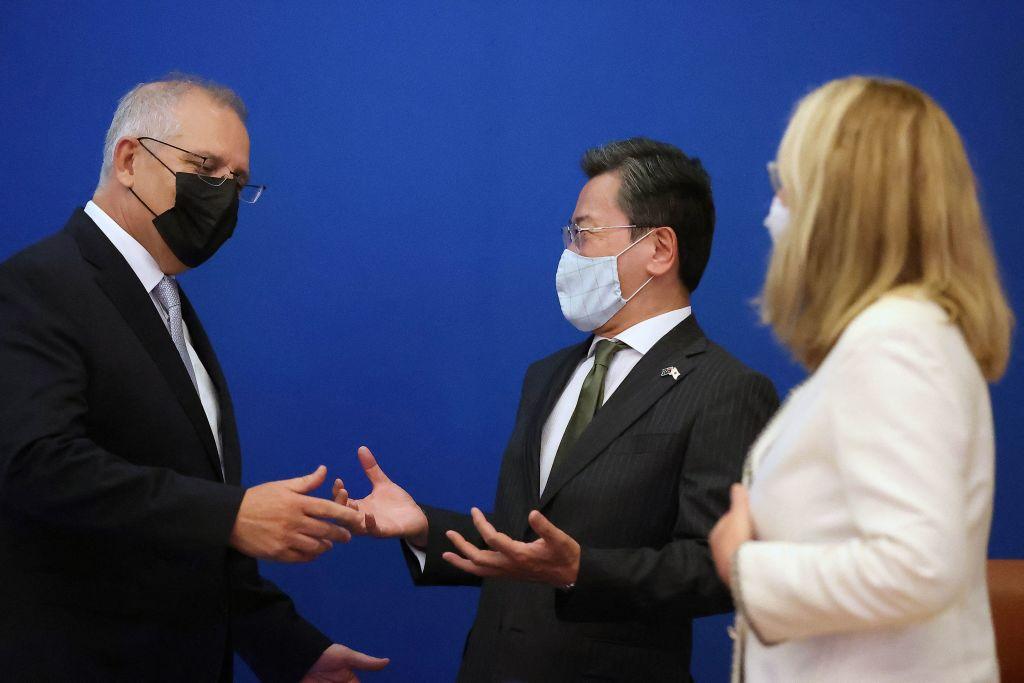Australia has started to follow Japan’s footsteps in diversifying trade away from China, according to Japan’s ambassador to Australia, who said he expects a closer partnership between the two countries in the metals and mining sectors as Australia’s second largest export market.
Yamagami Shingo, who assumed the post of Ambassador of Japan to Australia in December 2020, said Japan also had first-hand experience of China’s economic coercion 12 years ago, when the communist regime restricted exports of rare earth metals that were crucial for Japan’s high-tech industries.




